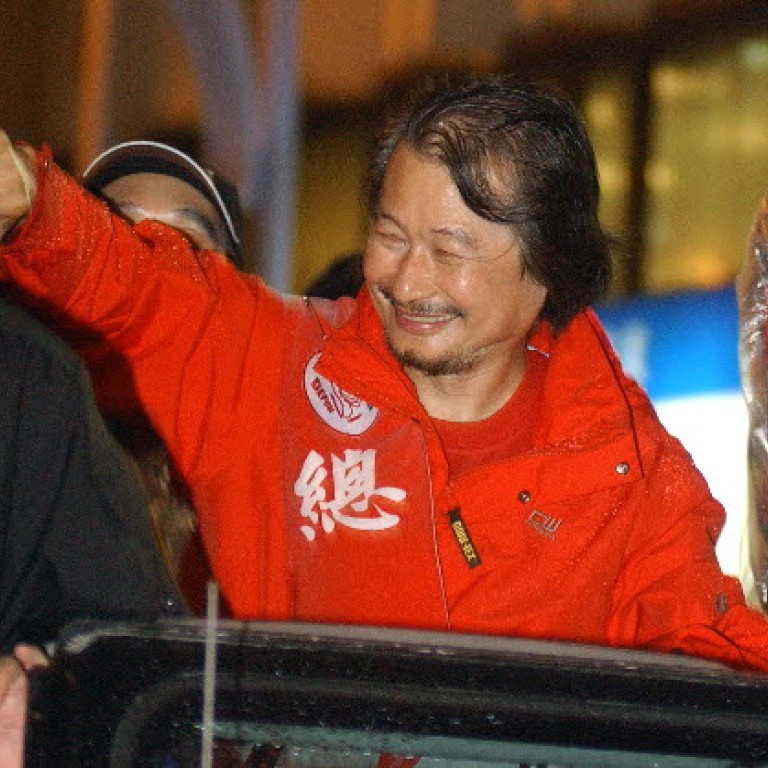
Taiwan influence evident in Hong Kong's political development
Sonny Lo warns of populist pressure building in HK with no safety valve
While the recent meeting between some Hong Kong pan-democrats and former Taiwan Democratic Progressive Party chairman Shih Ming-teh prompted immediate criticism from pro-Beijing media and the pro-establishment camp, the reality is that Hong Kong's post-handover political development has witnessed some degree of "Taiwanisation".
In other words, the ways in which Hong Kong people participate in politics show striking similarities with Taiwan's political culture.
First and foremost, since the late 1990s, Hong Kong's political parties and candidates have utilised Taiwan's campaign methods, where loudspeakers and colourful flags are the enduring hallmarks. Some Hong Kong political parties have also imitated Taiwanese politicians by recruiting singers and celebrities for their election campaigns.
Hong Kong police will, in all likelihood, have to deal with more confrontations in the near future
Second, political scandals have emerged as the hallmark of Hong Kong's district, legislative and chief executive elections. The hotly contested 2012 chief executive election between Henry Tang Ying-yen and Leung Chun-ying was a prime example.
In Taiwan, the use of scandals to blacken the image of electoral candidates has been commonplace since the early 1980s, when the predecessor of the DPP competed fiercely with the ruling Kuomintang in local elections.
Third, the polarisation of Hong Kong's political ideology into right- and left-wing factions is in parallel with the wide political spectrum in Taiwan, where political parties range from pro-reunification to pro-independence.
Such polarisation of political ideology in both Taiwan and Hong Kong means conflicting views can easily lead to violent confrontation between citizens and the police - another trait shared by the two societies.
Fourth, the emergence of strong nativism in Hong Kong is increasingly similar to the anti-mainland identity of many Taiwanese people. In Hong Kong, it also carries a strong anti-mainland tone, with people seeing Hong Kong's economic integration with the mainland in a negative light, and the influx of mainland immigrants and tourists as detrimental to local society.
Fifth, if populism can be defined as elevating the importance of public opinion to a level that has to be respected and followed by the government, then Taiwan and Hong Kong are converging politically.
Since the landmark protests against the Tung Chee-hwa government on July 1, 2003, Hong Kong has witnessed an upsurge in social and political movements, combining the forces of public opinion in opposition to various government policies.
Populism in Hong Kong is challenging the legitimacy of the SAR government in an unprecedented manner, especially the call for direct election of both the chief executive and the entire legislature as soon as possible.
In Taiwan's Western-style democratic system, populism was translated into the capture of political power by opposing parties.
However, Hong Kong is different. As long as activists perceive the existing political institutions to have legitimacy issues, populism will probably exert tremendous pressure on the administration, leading to the problem of an ungovernable city.
The most "dangerous" aspect of the Taiwanisation of Hong Kong is not the visit by some pan-democrats to a DPP activist in Taiwan. Rather, unlike in Taiwan, there is no safety valve for the surge in populism in Hong Kong, which can channel populist movements into the political institutions.
The result is that Hong Kong police will, in all likelihood, have to deal with more confrontations with citizens in the near future.

